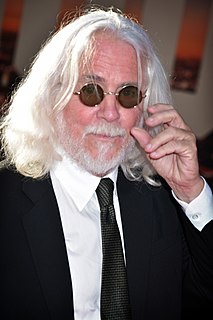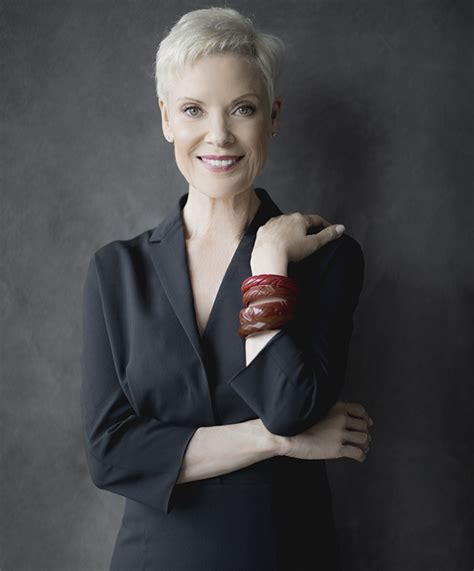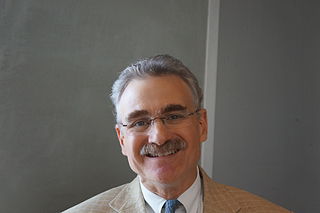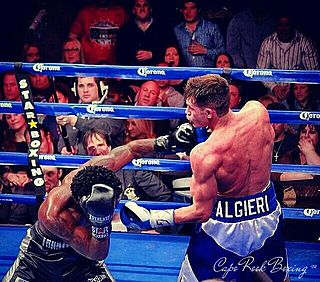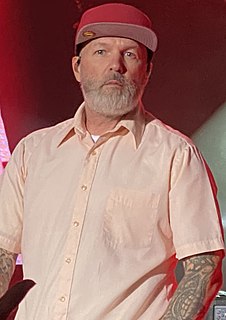A Quote by Robert Zemeckis
When they invented the Steadicam, every movie had to have a fight in a stairwell. Whenever there's a new thing, it's abused until artists realize what a Steadicam as a tool can be. And now I defy people to be able to see Steadicam shots, because we know how to do them and make them invisible.
Related Quotes
Usually, when you do a period movie, you just recreate what you are shooting. You don't recreate the way you shoot it. I think I did the same thing here as I did in the OSS 117 movies. I recreated the way to shoot that period, because to me, like what I was saying about the Steadicam, there's no sense to do a Steadicam shot in the 1920s because you have never seen the '20s like that. You can't believe there was a Steadicam in the 1920s. I believe it's a continuation of the OSS 117 in a way but without the irony.
Filmmaking isn’t if you can just strap on a camera onto an actor, and steadicam, and point it at their face, and follow them through the movie, that is not what moviemaking is, that is not what it’s about. It’s not just about getting a performance. It’s also about the psychology of the cinematic moment, and the psychology of the presentation of that, of that window.
You know, I didn't write my books for critics and scholars. I wrote them for students and artists. When I hear how much my work has meant to them--well, I can't tell you how happy that makes me. That means that this great stuff of myth, which I have been so privileged to work with, will be kept alive for a whole new generation. That's the function of the artists, you know, to reinterpret the old stories and make them come alive again, in poetry, painting, and now in movies.
When you're younger you have a lot of ideas and you're probably more insecure, all those things. I work with young actors now and I see their insecurities and I make fun of them. I don't make fun of them but I make them laugh, because I know what they're going through. When you get older you think 'It's only a movie after all, it's not brain surgery.'
Filmmaking materials are in the hands of more people now than ever before. I would like to think that the more people have these tools, the more people will learn how to use them, it's another argument I would argue for, personally, for art's education. Because there are kids who aren't that literate in screen language and they've got to know how people select shots, how people edit audio, how people combine things to make what they see on the screen. It would be like the 15th century or the 16th century in Germany, and somebody amends a printing press and you don't know how to read and write.
For one, [ Freddie Roach] is wasting his time because I don't even read those reports. So that's the first thing. Secondly, I hear about them from other people around me and it doesn't make a difference to me. It seems kind of odd for him to be coming out so much and saying so many different things and every day it's a new thing. But like I said, I don't read them and I don't care about them and it doesn't make a difference come fight night.
When I'm in the process of making a movie I'm not thinking about the finished result, and whether people have to see it once or more than once, and what the reaction to it will be. I just make it, and then I live with the consequences, some of which may not be as pleasant as I'd like! I know one thing, however. Many viewers may come out of the theater not satisfied, but they won't be able to forget the movie. I know they'll be talking about it during their next dinner. I want them to be a little restless about my movies, and keep trying to find something in them.
I love knowing and learning about people around the world displaying my art online. Also, it's how I learn about new artists that are in various parts of the world. The positive thing about Tumblr and Instagram is that they're a fantastic platform for art lovers. I also like, when I search for my art and it says, "see also or related artists," and I see those other artists that relate to me, at least according to the internet. I think it's fascinating - it's interesting to see hashtags people are using in relation to my work. It's another tool of communication.





